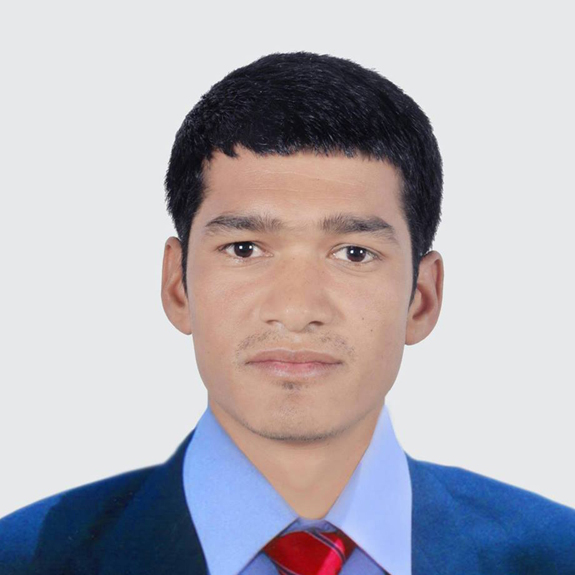Columns
Nepal's teachers need to be educated better
To improve the quality of education, the first thing that needs to be done is producing better teachers..jpg&w=900&height=601)
Bishnu Kumar Khadka
The quality of education in Nepal being poor is associated with teacher performance. So, if you want to improve the quality of education, you need to produce better teachers. Developing quality teachers is a major challenge and a long-term process. This should begin with intervention in the intake of teachers. Most school teachers in Nepal are products of the Faculty of Education, Tribhuvan University. More than 86,000 students enrol in the Faculty of Education annually, as per the University Grants Commission.
Most of the pre-service students enrolled in the Faculty of Education have a weak achievement history. We are expecting top-quality teachers by enrolling the weakest students in the teacher education programme. We should encourage the best students to be teachers, teacher educators, educational administrators and researchers if we really want to improve the quality of education.
In order to attract brilliant students to join the Faculty of Education, we should make the teaching profession prestigious and well-paid, with extra facilities. The next thing we need to improve is the teacher education programme; that is, the curriculum and the process of implementing it. The teacher education programmes at most universities in Nepal are based on the principle of providing theoretical orientation to pre-service teachers in their respective disciplines. They are given few opportunities to gain practical training. The pedagogical system is still based on the teacher-centred and note-based lecture mode. This is like teaching others not to smoke while smoking oneself. The curriculum and evaluation process should be based on an equal split between theoretical and practical knowledge, with a rigorous process of learning and evaluating both. Moreover, the educators’ attitude and behaviour must also be evaluated to see whether they are suitable for the profession.
We should totally discourage the so-called tourist students in the programme. To this end, we need to strictly implement the whole-time teacher-learner rule and involve students in teaching, research, training and administration internship programmes. In order to do so, the campuses of the Faculty of Education should have their own laboratory schools, or coordinate with other ones, where teacher-students should work with experienced in-service teachers and learn together to be qualified. The university authorities should take timely action to achieve this with the necessary policies and action plans.
One of the burning issues regarding quality tutors is the recruitment process. To be more specific, the teacher recruitment process of government-funded community schools is more theory-based. The curriculum of the Teacher Service Commission examines only theoretical knowledge and the informative aspects of educational affairs. As a result, the person who can recite all the information and write it on paper may have a high possibility of being selected. It is necessary to add the practical aspects of teaching skills, personality and behavioural aspects if quality teachers are to be recruited.
After being selected as teachers, these candidates should not be sent directly to a school to start teaching. They should first be sent to a teachers’ staff college for master training. For this purpose, teachers’ staff colleges should be established in each province. In addition, teachers should be given the opportunity to visit national and international model schools and learn the best pedagogical practices and participate in different professional workshops, seminars and conferences which they should implement in their classrooms. Moreover, the government should guarantee extra allowances, facilities and a reputation which is no less than given to other professions.
Teachers should not remain in one school in their localities for the whole service period. They should be sent to different schools and districts every five years. If teachers are compulsorily transferred to different districts, there is less chance of their becoming local political leaders and getting involved in local fairs, festivals and cultural rituals, and influencing voters. This provision will ensure that each teacher will get an opportunity to experience different localities besides minimising involvement in the so-called professional political organisations with the hopes of being transferred to their home districts.
Finally, quality education cannot be imagined without quality teachers, although there are many other things that need to be managed. In order to achieve Sustainable Development Goal 4, that is quality education, we should ensure that there are competent teachers in every school. Teacher education programmes and government policies and programmes should be remodelled. Since the students of today’s digital globalised age are smart and well aware of the contemporary world, we should produce teachers who can handle them and shape their careers as per the needs of the era. Therefore, it can be claimed that qualitative, updated and professional teachers are the backbone for ensuring quality education for all.
***
What do you think?
Dear reader, we’d like to hear from you. We regularly publish letters to the editor on contemporary issues or direct responses to something the Post has recently published. Please send your letters to [email protected] with "Letter to the Editor" in the subject line. Please include your name, location, and a contact address so one of our editors can reach out to you.




 9.89°C Kathmandu
9.89°C Kathmandu















